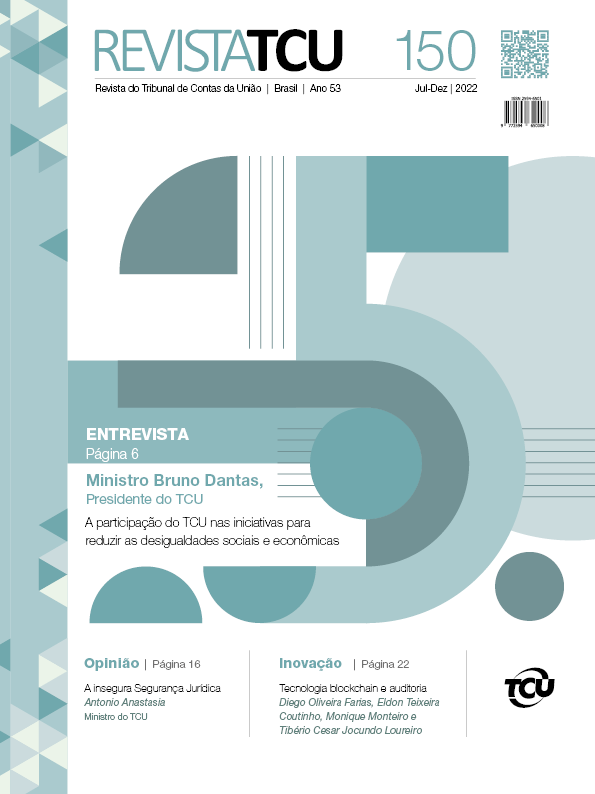Possibilidades e óbices da atuação das Instituições Superiores de Controle na América Latina: Uma análise dos modelos do Chile e do Brasil.

Resumen
As Instituições Superiores de Controle (ISC), órgãos integrantes do controle externo, são
indispensáveis ao processo de accountability horizontal, termo cunhado por O’Donnell
(1998) para se referir ao controle exercido pelas instituições que, corroboram o combate às
irregularidades e práticas corruptas na administração pública. Ainda de acordo com este autor,
as novas democracias latino-americanas possuem débeis mecanismos de controle institucional,
fragilizando a rede de responsabilização, à qual os governantes devem se submeter
frequentemente. Com base nessa literatura, buscou-se analisar os modelos das ISC na América
Latina, comparando a performance do Tribunal de Contas da União e da Controladoria-Geral
da República do Chile. Na tentativa de compreender a atuação desses órgãos de controle,
foi realizado um estudo bibliográfico e documental e, com vistas a analisar estatisticamente
o empenho engendrado na implementação da supervisão por estas instituições, utilizou-se a
estatística descritiva. Alguns resultados demonstram que estas instituições precisam, antes
de tudo, integrar uma rede de responsabilização que as conectem a outros órgãos de controle
para que haja a devida efetividade de suas ações.
Biografía del autor/a
Duília Dalyana Ribeiro dos Santos
Graduada em Ciências Sociais – UFCG. Especialista em Gestão de Políticas Públicas -UFCG. Membro do NEVU -Núcleo de Estudos da Violência da Universidade Federal de Campina Grande. Mestrado em Ciência Política -UFCG e Doutoranda em Ciência Política – UFPE.